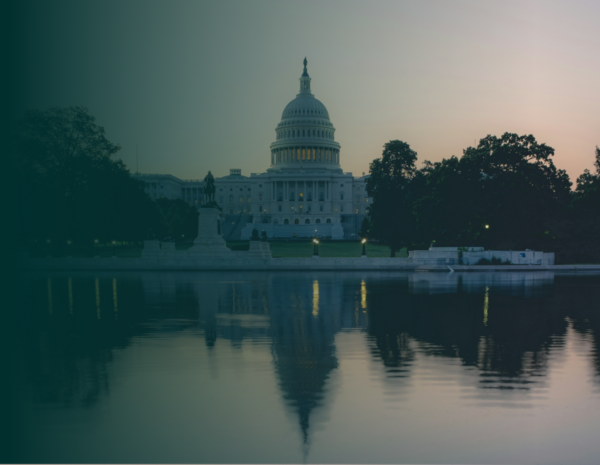Congressional committees are integral to the legislative process. They’re responsible for shaping the courses of action for the federal government. Congressional committees review bills, oversee federal agencies, and conduct investigative hearings. With their extensive influence on public policy, understanding committees is crucial. Effectively monitoring committees is the key to successful lobbying or advocacy.
An Introduction to Congressional Committees
Congressional committees are specialized groups within Congress tasked with specific legislative functions. These include drafting legislation, conducting hearings, and overseeing the executive. The role of a committee is critical in the passage of legislation. Committees sift through proposed legislation to assess their necessity and potential impacts. They’re a key step before proposed legislation reaches the full Congress.
Senate Committees
The Senate operates many committees, each with its jurisdiction over specific policy areas. Notable committees include:
- The Senate Committee on Health, Education, Labor, and Pensions, which is responsible for managing many health programs.
- The Senate Committee on Finance, pivotal in tax legislation and the federal budget.
Monitoring these committees is essential, due to their significant influence on national policies.
House Committees
The House of Representatives also boasts a variety of committees with broad jurisdiction. This includes:
- The House Ways and Means Committee, which plays a key role in overseeing taxation and welfare.
- The House Select Subcommittee on the Coronavirus Crisis was established in recent years. It has been instrumental in guiding the nation’s response to the pandemic.
These committees are vital in initiating discussions that shape the legislative agenda.
Joint Congressional Committees
Joint committees consist of members from both the Senate and the House. These committees manage issues of common interest, like the federal budget or taxation. Joint committees coordinate, research, and analyze data to guide Congress’s decision-making. As such, they’re a critical component of the legislative process.
Committees of Interest
In recent times, certain committees have been in the spotlight for various reasons. This includes, for instance:
- The House Committee on Rules, responsible for determining the terms of debate for bills. The House Committee on Rules has been crucial in the fast-paced legislative environment.
- The Senate Committee on Foreign Relations manages international diplomacy and security issues. This committee has garnered interest due to conflicts in Ukraine and the Middle East.
Keeping an eye on these committees and more can provide valuable insights into pressing national concerns.
Find Info about Congressional Committees on Plural
Plural streamlines the process of staying updated with congressional committees. With real-time updates, detailed analyses, and historical data, ensure you remain informed about the latest legislative developments pertinent to your interests. Interested in getting started? Create a free account or book a demo today!





